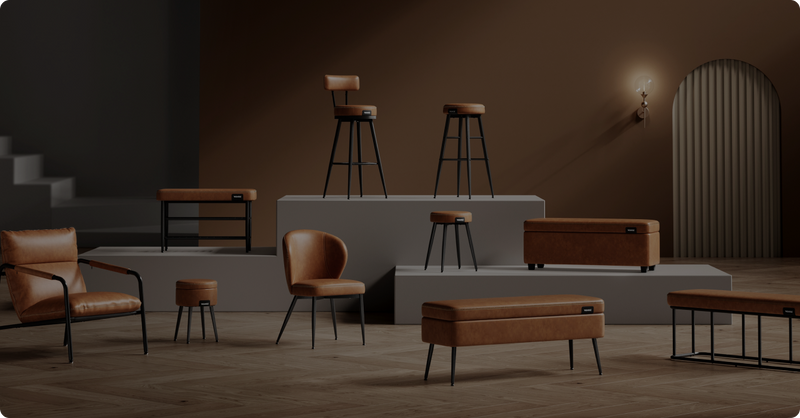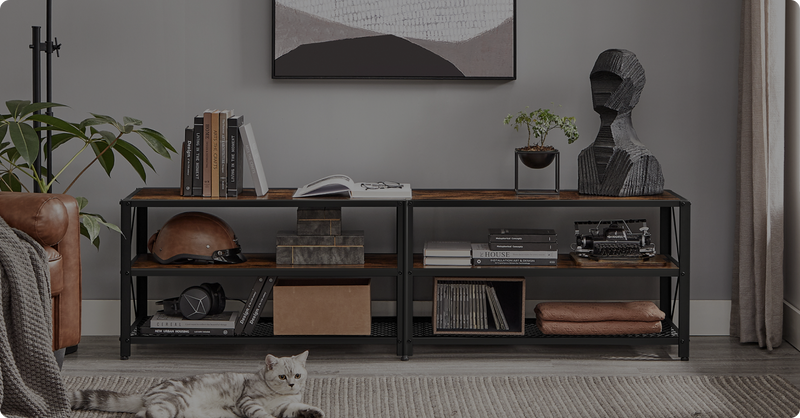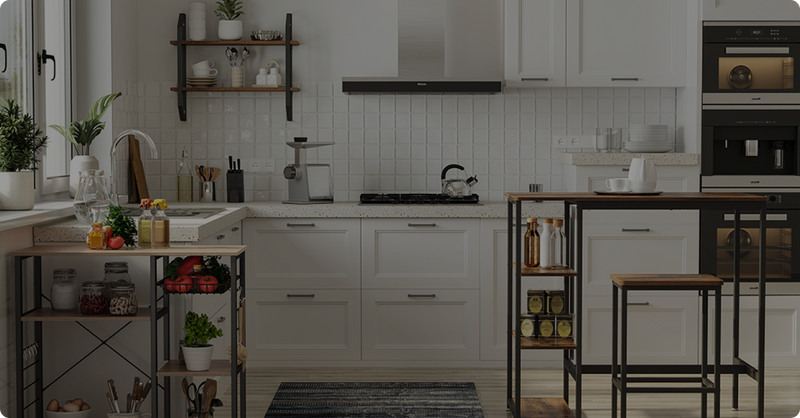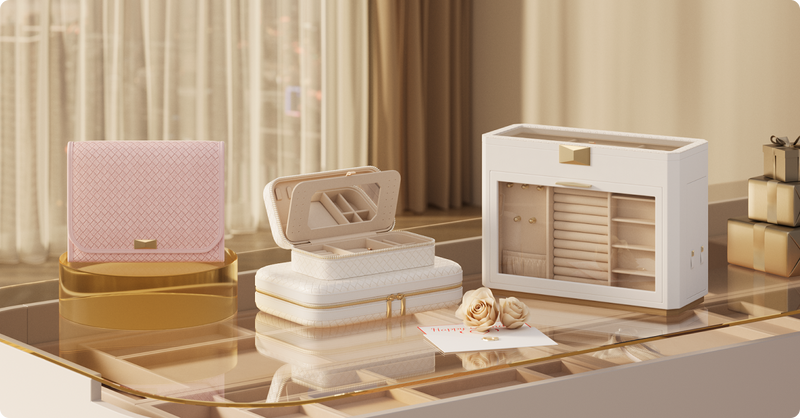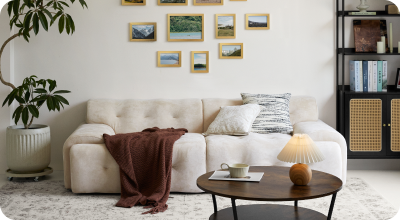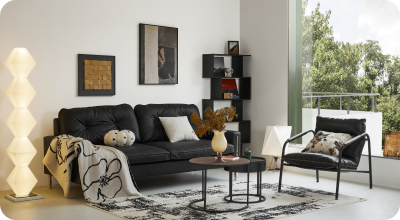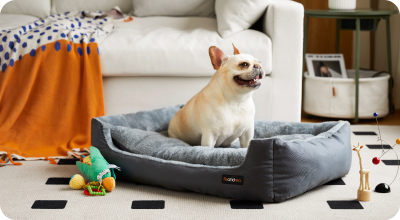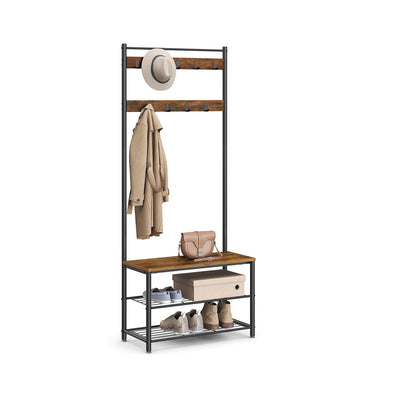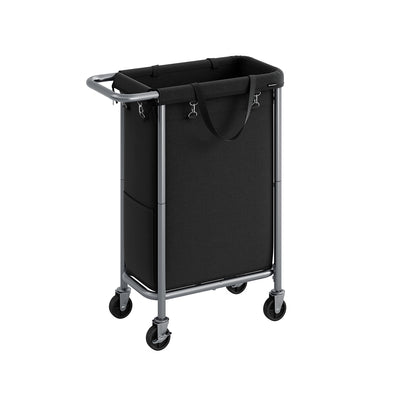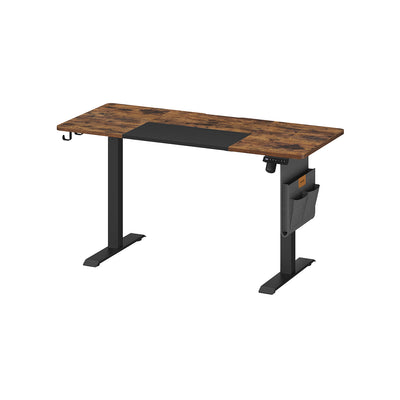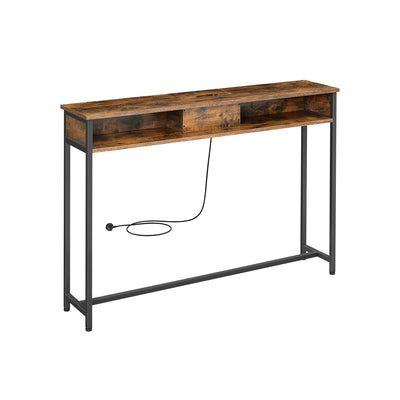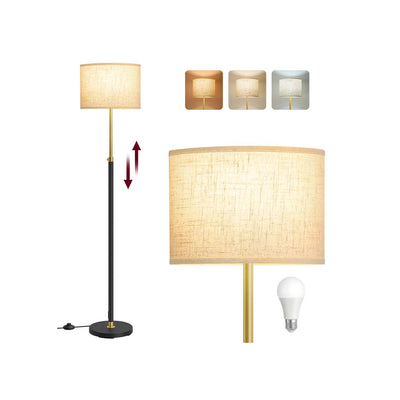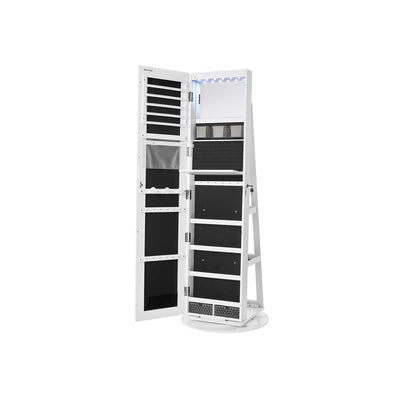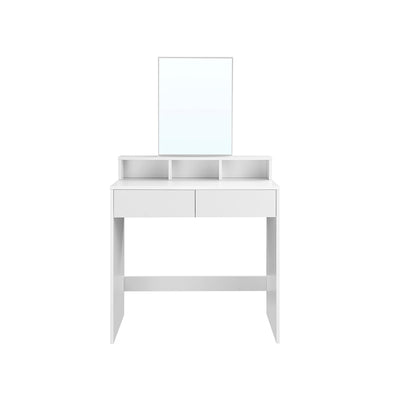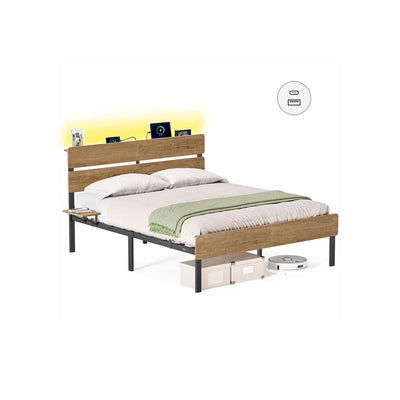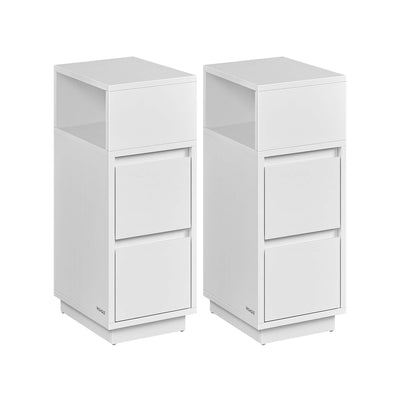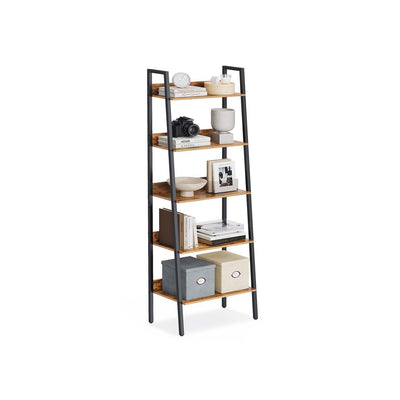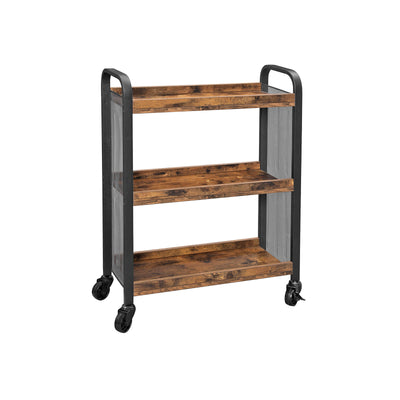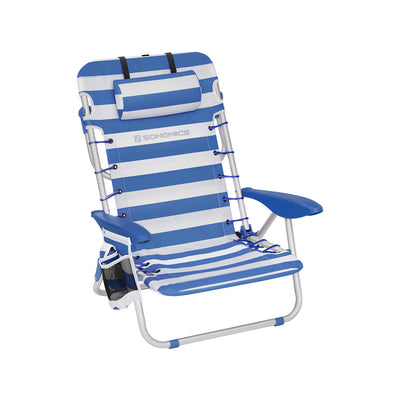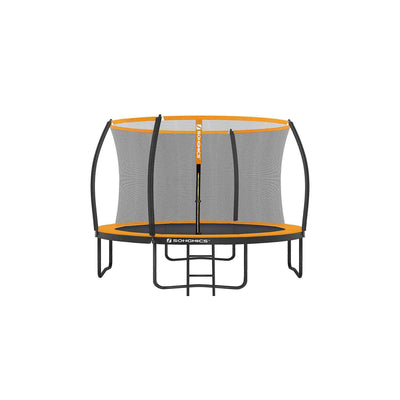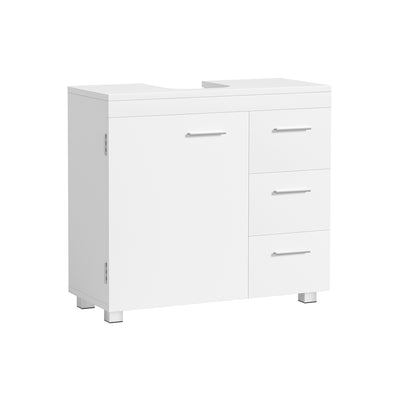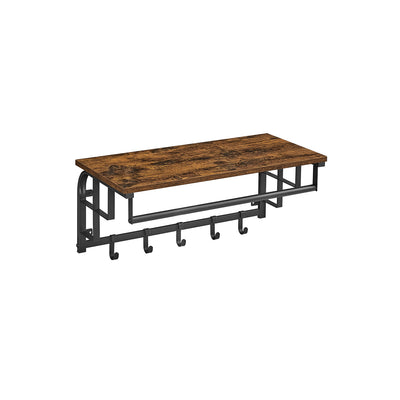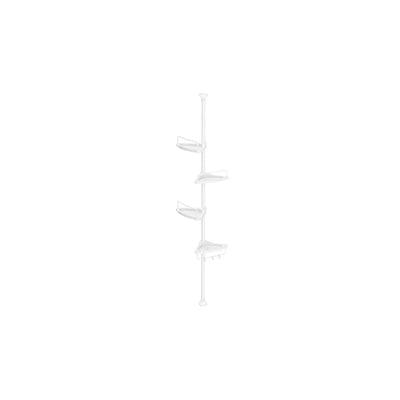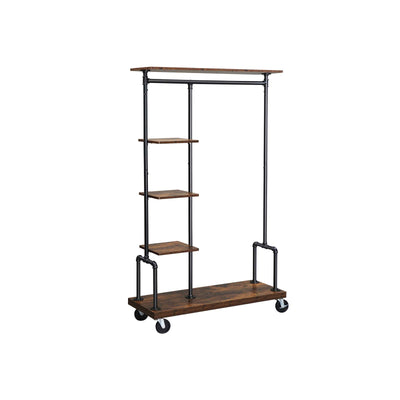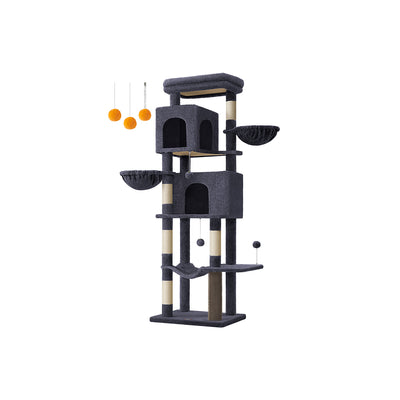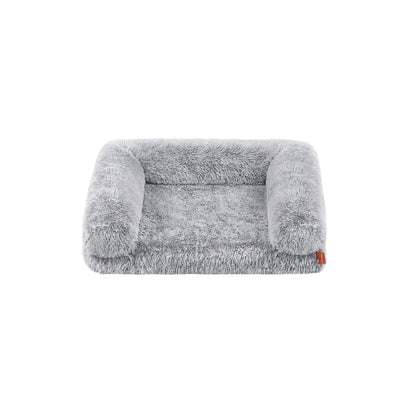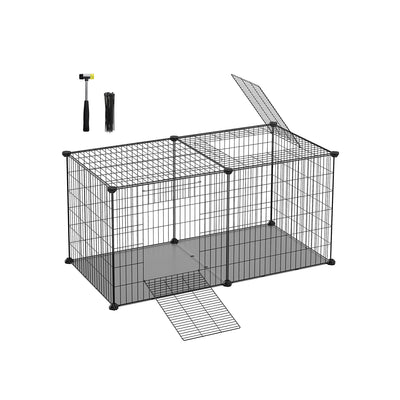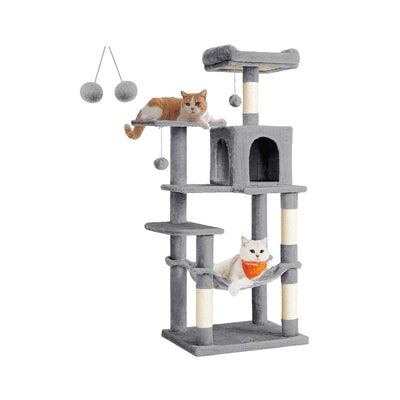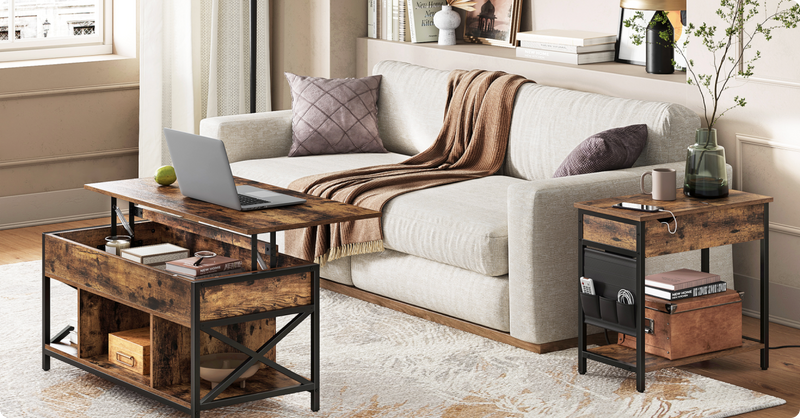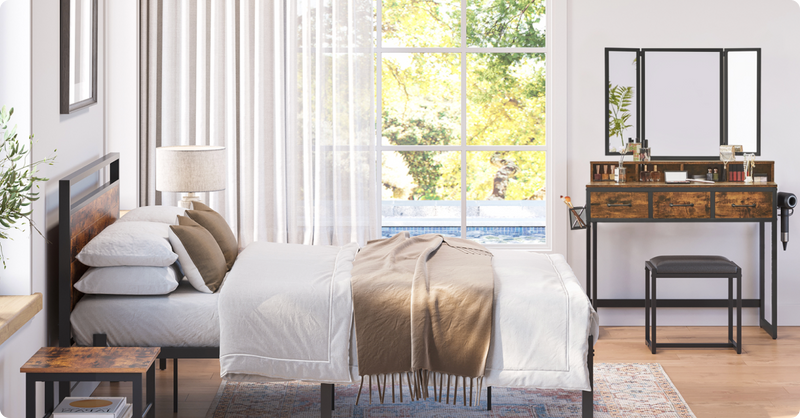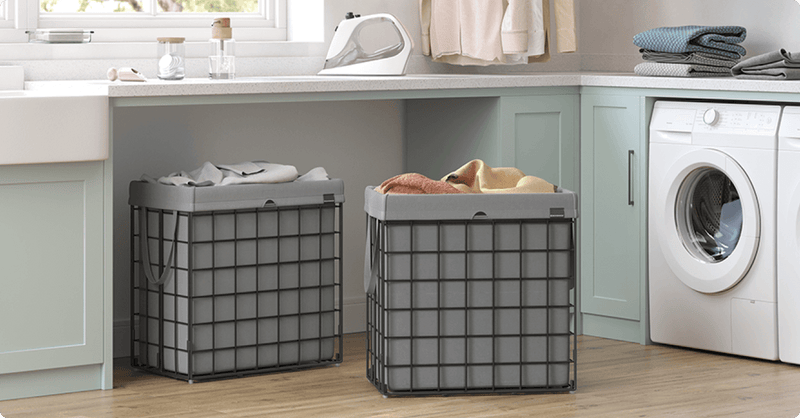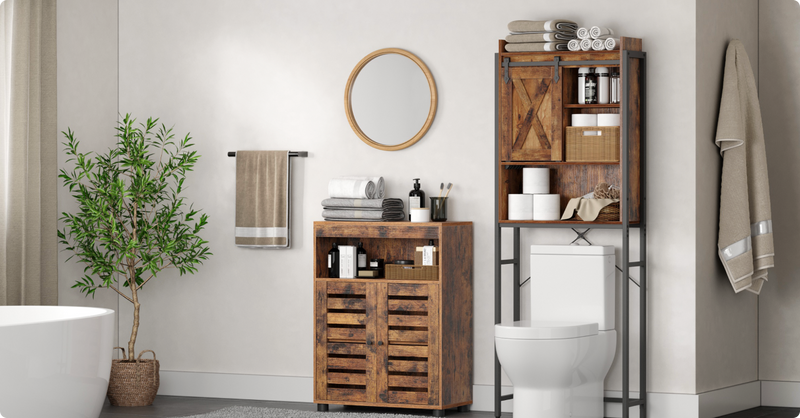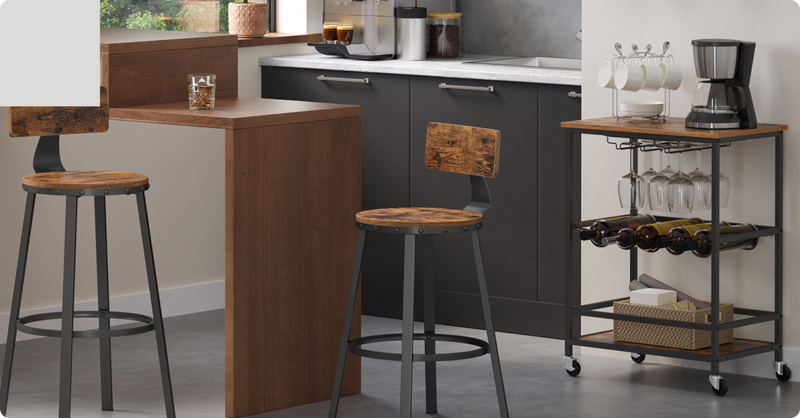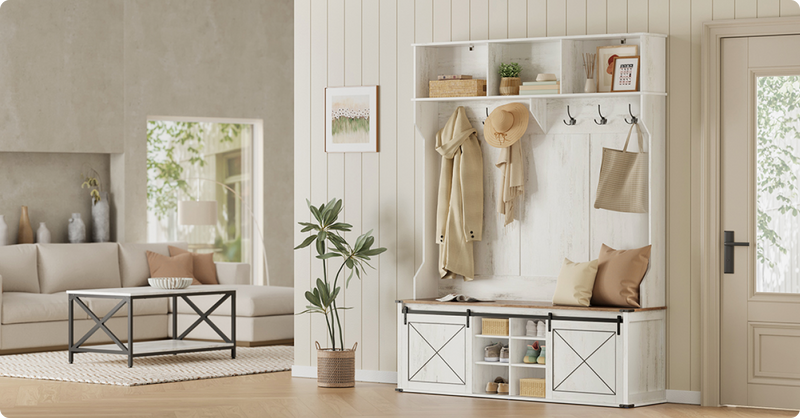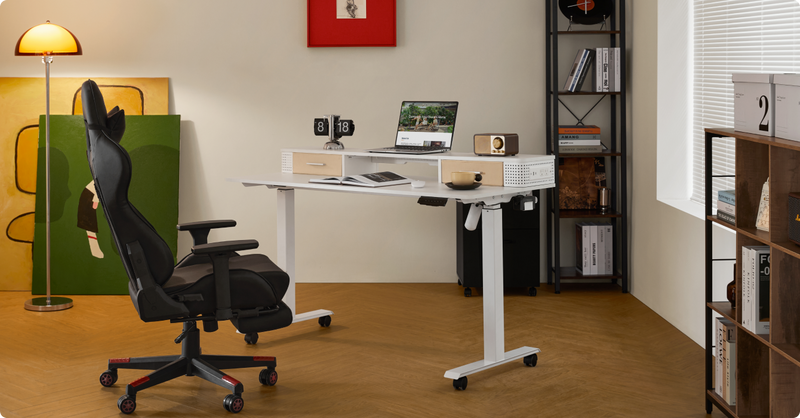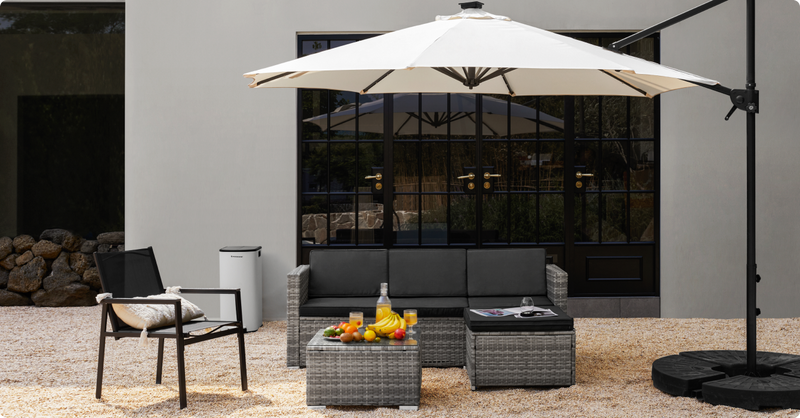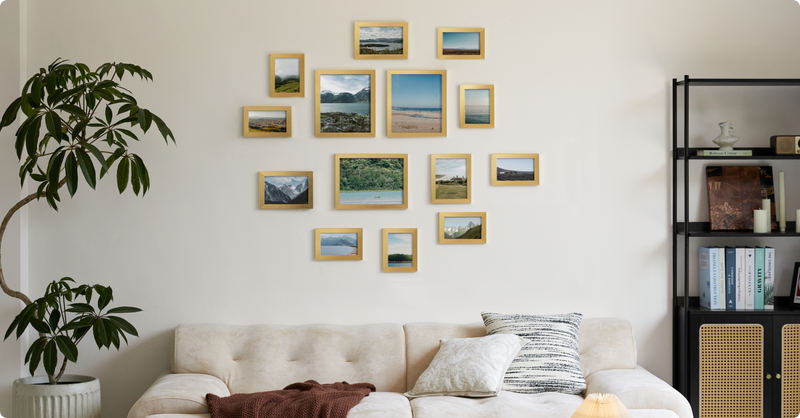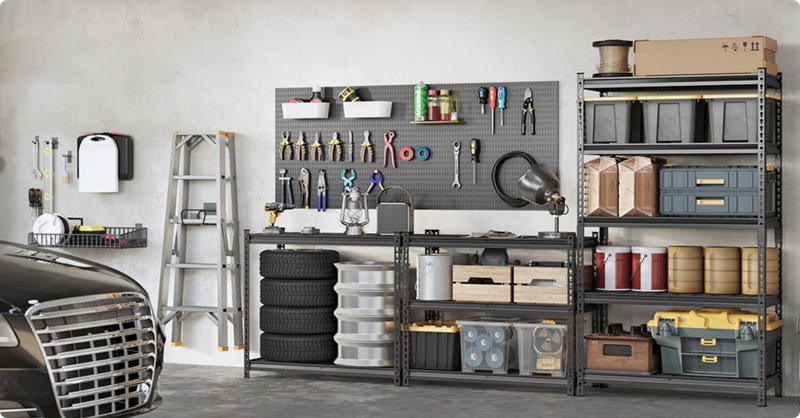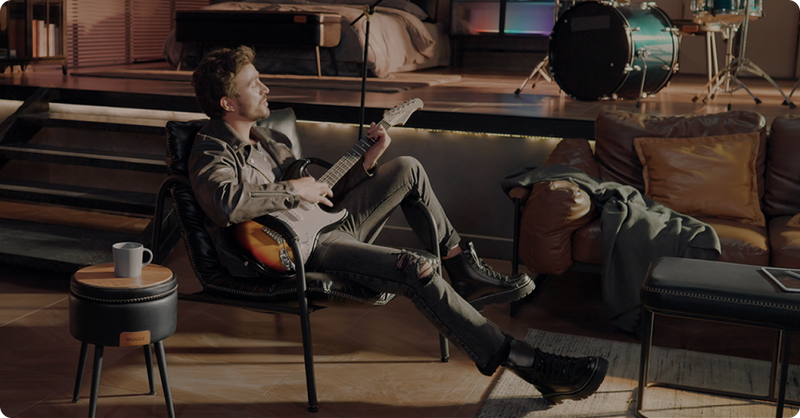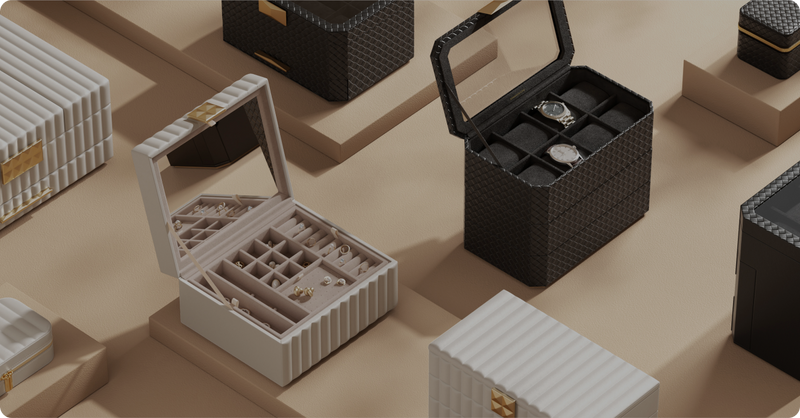Building Your Own PVC Cat Tree
If you're a cat owner, you're likely familiar with the term 'cat tree.' But have you ever considered building one yourself? Especially the trend of DIY cat trees is on the rise, and for good reason. With a bit of time, effort, and creativity, you can create a personalized playground for your furry friend. This guide will walk you through the process of DIY PVC cat tree, highlighting the advantages, potential drawbacks, and providing a step-by-step guide to get you started.
The Potential of PVC: The Perfect Material for Your DIY Cat Tree Project
PVC, or polyvinyl chloride. This versatile and resilient plastic has become a favorite among DIY enthusiasts. But what makes PVC such a popular choice?
The first factor to consider is PVC's inherent strength and durability. This type of plastic is renowned for its resistance to wear and tear. If you've ever owned a cat, you'll know they have a knack for scratching and climbing, activities that can take a toll on their play structures. This is where PVC shines. Its robust nature makes it an excellent choice for "DIY cat scratching tree PVC" projects where durability is paramount. With a PVC cat tree, you can rest assured knowing it will withstand your cat's enthusiastic play sessions.
-
Versatility and Customizability
Beyond its strength, PVC boasts an impressive level of versatility. PVC pipes are available in a wide range of sizes, allowing you to choose the dimensions that best suit your design. This versatility lends itself to customization, enabling you to tailor your "DIY cat tree PVC pipe" project to your cat's specific needs and preferences. Whether your feline friend enjoys towering heights or cozy hideaways, PVC allows you to create a cat tree that caters to their unique personality.
-
Ease of Assembly and Maintenance
The advantages of PVC extend into the assembly process as well. The material can be easily cut and assembled, making the construction of your cat tree a more manageable task. This ease of assembly means you can spend less time stressing over the building process and more time enjoying the fruits of your labor. Furthermore, PVC cat trees are a breeze to maintain. Unlike other materials, PVC is easy to clean and doesn't harbor pests, ensuring a hygienic play environment for your cat.
Lastly, PVC is a cost-effective option. Compared to pre-made cat trees or those made from more expensive materials, a "DIY PVC cat tree" can save you a significant amount of money. This affordability, coupled with the satisfaction of building your cat tree, makes PVC an unbeatable choice for your DIY project.
Crafting Comfort: The Pros and Cons of a DIY PVC Cat
The advantages of building your own PVC cat tree are manifold, each adding a unique layer of significance to the project. It's about exploring the boundaries of creativity, personalization, and practicality.
While a DIY PVC cat tree project comes with its own set of challenges, the benefits it offers - from personalization and cost-effectiveness to the joy of the DIY process - make it a worthwhile endeavor.
Creating a Feline Paradise: An In-depth Guide to Building a DIY PVC Cat Tree
The journey towards creating a cat tree DIY PVC is an exciting one, filled with opportunities for creativity, customization, and personal satisfaction. Here, we provide a detailed step-by-step guide to help you navigate this journey and create a cat tree that both you and your cat will love.
Step 1: Plan Your Design
The first step in creating your DIY PVC cat tree is to plan your design. This is where you can let your creativity shine and tailor the cat tree to your cat's specific habits and preferences. Does your cat love to climb? Include multiple levels. Is your cat a fan of scratching? Incorporate areas covered in rope or carpet. Sketch out your design, taking into consideration the size and shape of the space where you plan to place the cat tree. This planning phase is crucial as it sets the foundation for your "DIY cat tree PVC pipe" project.
Step 2: Gather Your Materials
Once you have a clear plan in mind, it's time to gather your materials. The primary material you'll need is PVC pipes, which will form the structure of your cat tree. You'll also need connectors to join the pipes together. A saw will be necessary for cutting the pipes to the required lengths. Additionally, you'll need adhesive to secure the various elements of the cat tree. For the platforms, materials such as plywood are ideal, providing a sturdy base for your cat to perch on. Finally, consider carpet or rope for the scratching areas, which will satisfy your cat's natural urge to scratch while also protecting the PVC pipes from damage.
Step 3: Cut and Assemble
With your materials gathered, it's time to start building. Cut your PVC pipes to the required lengths according to your design. Using the connectors, begin to assemble your structure. This is where your cat tree starts to take shape, rising from a collection of pipes and connectors to a recognizable structure that your cat will soon be exploring.
Step 4: Add the Platforms
Next, it's time to add the platforms. Cut your plywood to fit the platforms and secure them to the PVC structure using the adhesive. To add a touch of comfort and luxury, cover the platforms with carpet. This will provide a soft and cozy surface for your cat to lounge on, making the cat tree even more appealing.
Step 5: Add the Finishing Touches
Finally, add the finishing touches to your PVC cat tree. Wrap some sections of the PVC pipes with rope to create scratching posts. This not only adds functionality to the cat tree but also enhances its aesthetic appeal. You could also consider adding toys or hanging elements for extra entertainment, turning the cat tree into a veritable playground for your cat.
By following these steps, you can craft a cat tree that suits your cat's needs, fits your space, and reflects your personal style.
While crafting a DIY PVC cat tree is both engaging and eco-friendly, not all cat owners have the leisure time, or they may prefer to opt for a pre-assembled, sturdier and safer cat tree. The cat trees offered by Feandrea, which have been certified by numerous consumers, are just such options. Let's delve into their allure together.
Summary
DIY PVC cat tree is an enjoyable and fulfilling endeavor that gratifies both your cat and your budget. The investment of time and effort yields a bespoke cat tree, a unique sanctuary your cat will adore. Why not embark on the PVC DIY cat tree journey? This guide equips you with the necessary knowledge to initiate your project. Here's to a fruitful construction experience!


